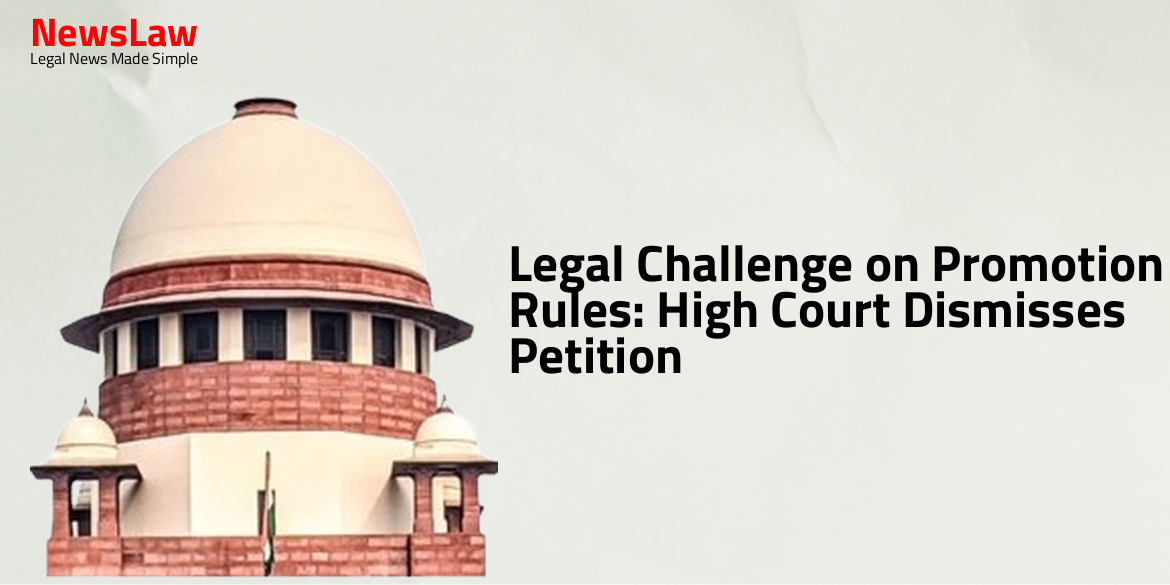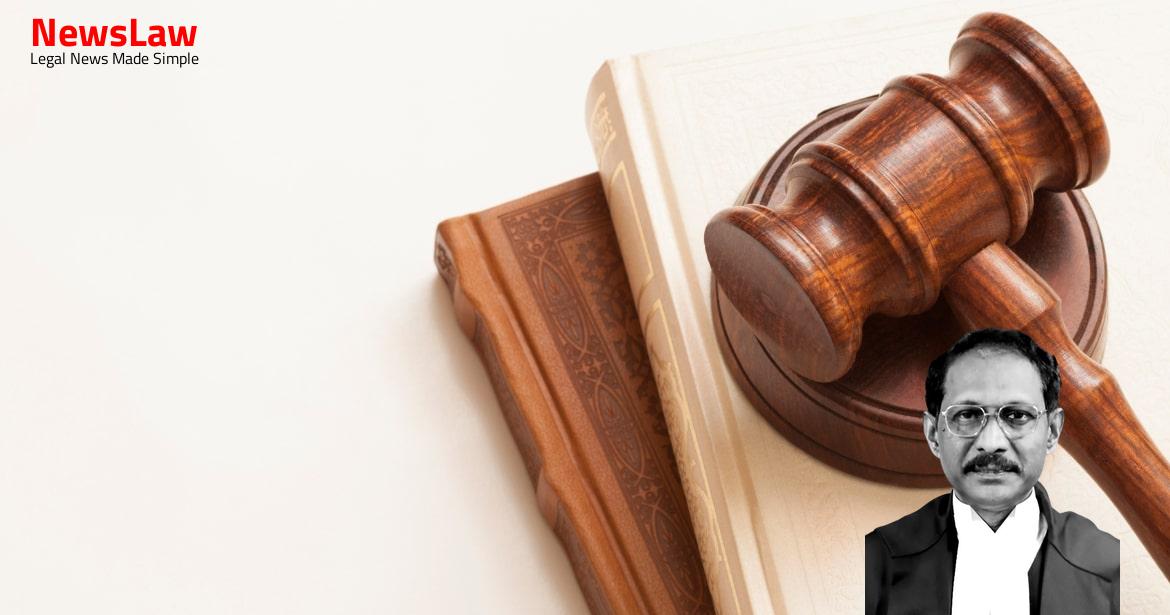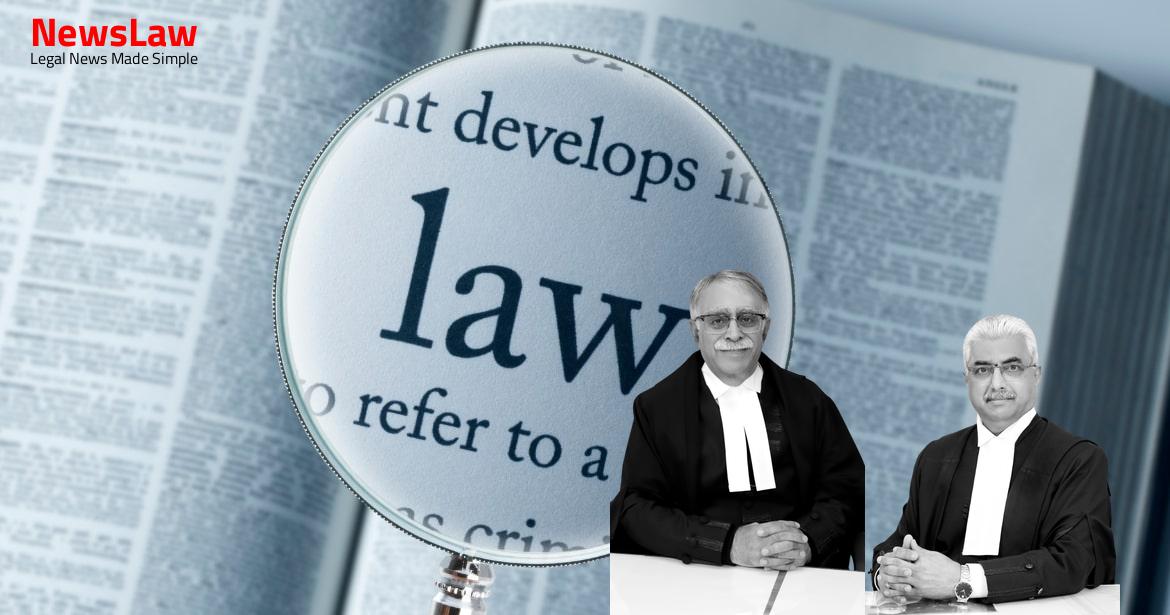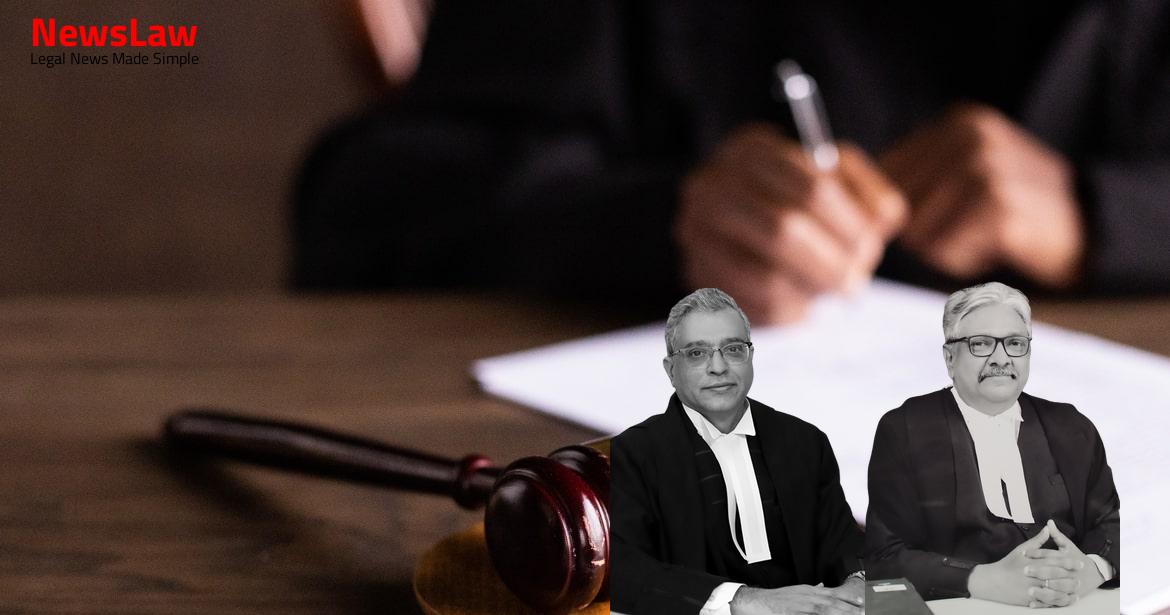In a recent case before the Delhi High Court, a legal challenge was raised regarding promotion rules. The petitioner argued that the promotion process was unfair and led to junior DCPOs being promoted ahead of more senior individuals. The High Court’s judgement on this matter sheds light on the complexities of promotion policies within the Central Industrial Security Force Fire Wing Subordinate Ranks Recruitment Rules of 2011.
Facts
- The Central Industrial Security Force Fire Wing Subordinate Ranks Recruitment Rules of 2011 aim to fill the post of Assistant Sub Inspector (Fire) through promotion from Head Constable (Driver-cum-Pump Operators).
- Mr. Chhibber argues that this promotion process is arbitrary and unsustainable as it overlooks the differences in roles, functions, duties, and training between DCPOs and ASI (Fire).
- DCPOs lack the qualifications and training required for the duties of ASI (Fire), making the promotion process unfair and legally questionable.
- H/CT DCPO who joined CISF in 2011 promoted to ASI (Fire) in 2023
- Head Constables (Fire) who joined in 1994 not promoted
- Request for promotion channel for H/CT DCPO in MT cadre
- Similar promotional avenues in MT cadre as in other cadres
Arguments
- The petitioner argues that by prescribing promotion to the post of ASI (Fire) from H/CT DCPO in the Recruitment Rules of 2011, there was no consideration given to the ratio of promotion set at 2:1.
- The petitioner claims that this provision effectively grants reservation in promotion to the DCPOs, resulting in junior DCPOs being promoted to the post of ASI (Fire) ahead of the petitioners.
- This has led to an upset in the settled inter se seniority among the DCPOs, with junior DCPOs being promoted before those who are senior to them.
Analysis
- Recruitment rules are prescribed by the employer based on the nature of duties performed by employees.
- Respondents served as part-time and contingent paid staff, not entitled to mandamus for regularization.
- Judicial review cannot mandate regularizing temporary staff.
- H/CT DCPOs play an important role in firefighting by operating fire pumps.
- Impugned stipulation in Recruitment Rules has been in operation for 11 years.
- High Court cannot direct the government to formulate a regularization policy or create/sanction posts.
- Delay in promotions cannot invalidate valid and long-standing Recruitment Rules.
- Limitations of judicial review do not allow substitution of employer’s decisions in framing rules.
- Challenges to recruitment rules are based on limited grounds.
- High Court cannot issue mandamus to direct the Department to sanction or create posts.
- Courts cannot direct the Government or Department to create posts, formulate policies, or sanction posts.
- Framing of any scheme is the sole prerogative of the Government, not the Court.
- Judiciary cannot direct the legislature to introduce a specific bill within a timeframe.
- Legislation can be struck down if it is found to be arbitrary under Article 14.
- The test of manifest arbitrariness applies to invalidate legislation and subordinate legislation under Article 14.
- Manifest arbitrariness must be capricious, irrational, excessive, disproportionate, and lacking a determining principle.
- The Tribunal functions within the parameters of governing legislation and cannot direct policy framing by the Government.
- The impugned stipulation in the Recruitment Rules of 2011 does not violate Articles 14 and 21 of the Constitution of India.
Decision
- The petition was found to be without merit.
- Therefore, the petition was dismissed.
- No costs were awarded in this case.
Case Title: PREMJEET KUMAR AND ORS. Vs. UNION OF INDIA AND ORS (2024:DHC:3897-DB)
Case Number: W.P.(C)-6833/2024



